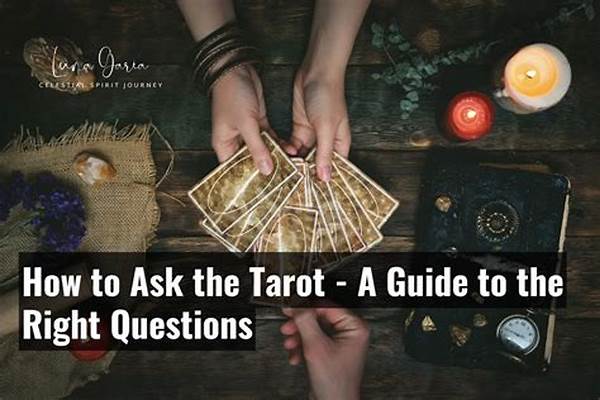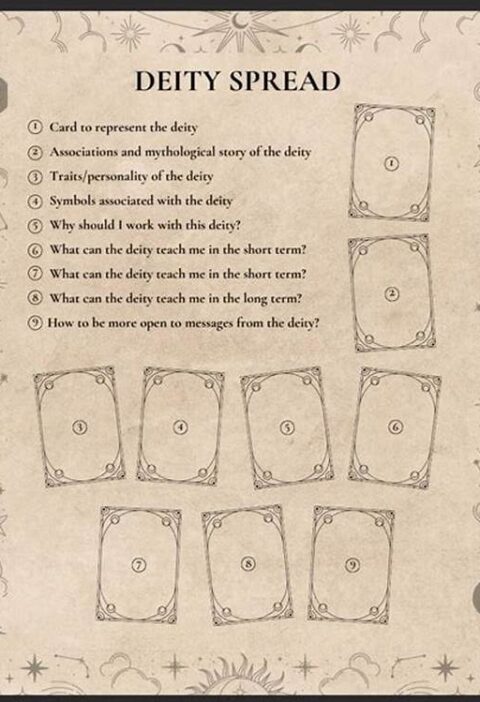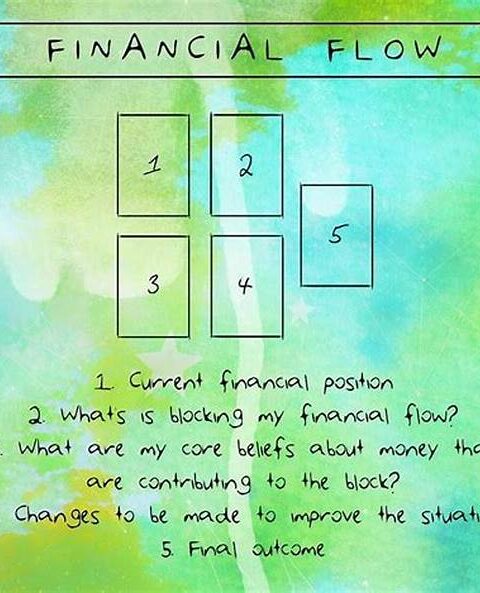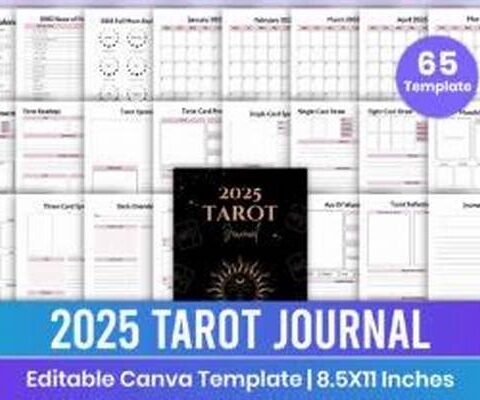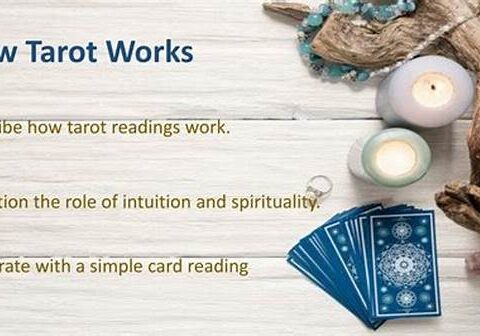- The Art of Formulating Tarot Questions
- Diving Deeper into Tarot Questioning
- Strategies for Crafting Effective Tarot Questions
- Engaging with the Tarot: An Ongoing Dialogue
- The Role of Intuition in Question Development
- Summary Points on How to Ask the Right Questions in Tarot
- How to Ask the Right Questions in Tarot: A Discussion
- Identifying Key Areas for Tarot Inquiry
- Tailoring Tarot Questions to Your Goals
Tarot reading is more than a mystical experience; it is a dialogue between you and the universe, offering insights, guidance, and clarity. But the key to unlocking its full potential lies in your ability to ask the right questions. Imagine holding a map that leads to hidden treasures of the mind and soul, but without the correct coordinates, you wander without direction. That’s where knowing how to ask the right questions in tarot becomes crucial. Whether you’re a seasoned tarot reader or a curious beginner, understanding how to phrase your questions can greatly enhance the insights you derive.
Read More : Tarot Spreads For Learning In 2025
To start, clear and focused questions tend to yield more meaningful readings. Vague inquiries often lead to generalized responses that may leave you more confused than when you started. Instead, consider what you’re truly seeking to understand. Asking “What do I need to know about my career progression in the next six months?” might be more beneficial than a simple “Will I be successful?” The former invites detail and guidance, while the latter might only produce a yes or no, limiting the value of the reading. Additionally, be prepared to engage with the answers you receive. Tarot is as much about introspection as it is about prediction. By reflecting on the responses and how they relate to your circumstances, you’re more likely to gain actionable insights.
The Art of Formulating Tarot Questions
A well-phrased question can make a significant impact on the outcome of your tarot reading. How to ask the right questions in tarot is akin to setting the stage for an insightful and rewarding experience. One useful technique is to frame your questions in an open-ended manner. Instead of seeking definitive answers, invite exploration. For instance, “How can I improve my relationships?” rather than “Is my partner the right one for me?” By allowing the cards to explore the nuances of your situation, you open a pathway to deeper understanding.
Furthermore, addressing your concerns from a position of personal empowerment can also enhance your reading. Instead of seeking external validation or prediction, focus on areas within your control. Questions like “What can I do to better prepare for changes in my job?” empower you to take action based on the insights you receive. Remember, the cards are tools, and your goal is to leverage them to unlock your potential and navigate your life’s journey.
—
Diving Deeper into Tarot Questioning
The Importance of Specificity
Specificity is essential when learning how to ask the right questions in tarot. Vague questions are like cloudy skies—obscuring rather than illuminating. A specific question shines a spotlight on important aspects of your life, allowing the tarot to channel focused energy and insight. Think about a challenge you’re facing and dissect it. Instead of “Will things get better?” try “What steps can I take to improve my current situation?” By honing in on actionable aspects of your life, you create a fertile ground for the insights to take root.
Why Avoiding Yes or No Questions is Beneficial
It’s tempting to rely on tarot for simple yes or no answers, especially when faced with tough decisions. However, yes or no questions limit the depth of the tarot’s advice. Asking them is like treading water when you could be swimming in the depths of understanding. How to ask the right questions in tarot also involves crafting inquiries that invite elaboration, reflection, and guidance. Instead of asking “Should I move to a new city?” consider “What are the potential outcomes if I move to a new city?” This opens the floor for a richer discussion, inviting the cards to reveal nuances and possibilities you hadn’t considered.
Strategies for Crafting Effective Tarot Questions
Tarot readings provide the most clarity when questions are framed constructively. One strategy is to use introspective language. Pursue inquiries that prompt personal growth and self-awareness, such as “What can I do to better align with my true purpose?” This type of questioning nudges you toward answers that extend beyond immediate concerns, delving into the root of your spiritual and emotional well-being.
Additionally, consider external influences in your life. Questions that address environmental factors can provide a broader perspective on personal challenges. “How do my current surroundings affect my sense of happiness?” invites an interpretation that might uncover external factors impacting your inner world. The tarot can highlight elements you might have overlooked, allowing you to make informed decisions about your environment and interactions.
—
Engaging with the Tarot: An Ongoing Dialogue
Often, people view tarot readings as a one-time affair, a mystical performance with a definite start and finish. In reality, effective readings are part of an ongoing dialogue. When contemplating how to ask the right questions in tarot, think of it as opening a discourse with your inner self and the universe. Each session is a chapter, part of a larger narrative that evolves and adapts.
Continuity in your questioning helps develop this narrative. Connecting themes across different readings can highlight trends and patterns in your life. If you’ve asked about career, relationships, and personal development in past sessions, observe how these themes intertwine. This observation can inform future readings, prompting you to rephrase questions or explore new angles, deepening the conversation between you and the cards.
The Role of Intuition in Question Development
Trusting Your Inner Guide
Your intuition plays a key role in how to ask the right questions in tarot. Tuning into your inner guide allows you to capture fleeting thoughts and feelings, transforming them into pointed inquiries. Often, your first instinct about what to ask is rooted in a deeper truth. Trusting this initial sense can lead you to the heart of the matter. When you sit down for a tarot reading, take a moment to center yourself, breathing deeply and tuning into your thoughts. What questions naturally arise? Recording these can form the basis of your session.
Enhancing Your Questioning Technique
Enhancing your technique involves practice and reflection. Review past sessions to identify which questions have elicited the most insightful readings. Look for patterns—was it the word choice, the focus, or the emotional tone that made a difference? Experiment with variations, such as reframing a previous question from a different angle, or narrowing its scope to examine a specific facet of your life. Engaging in this continuous learning process will fine-tune your skills, aiding you in drawing rich, layered readings from your tarot sessions.
—
Summary Points on How to Ask the Right Questions in Tarot
—
How to Ask the Right Questions in Tarot: A Discussion
In our modern lives, filled with perplexity and countless decisions, tarot stands as a beacon of clarity and insight. But truly unlocking its wisdom requires skill in questioning—a task often overlooked in its importance. How to ask the right questions in tarot isn’t just about getting accurate readings, but also about fostering a dynamic relationship with the cards. This engagement becomes even more vital as we seek answers during times of uncertainty or change.
Tarot’s true power lies in its ability to illuminate unseen paths and offer wisdom that can lead to transformative experiences. By mastering the art of asking questions, you not only become a participant in the reading, but you also journey into the core of the inquiry, partaking in the discovery and enlightenment that tarot provides. Engaging actively with your readings brings a profound sense of ownership over the insights gained, encouraging continual growth and self-awareness. Embrace this process with open-hearted curiosity, and the tarot will unfold its mysteries like petals of a blooming flower, revealing truths that resonate with the deepest parts of your being.
Identifying Key Areas for Tarot Inquiry
Self-Reflection through Tarot
A significant first step in the tarot journey is identifying the key areas for inquiry. Self-reflection comes into play here. Ask yourself where you want guidance—be it love, career, personal growth, or other domains. Align these areas with your current concerns or aspirations. The magic of tarot is in its vast applicability, so harness it by targeting personal growth areas. Establishing clear themes can be beneficial when determining how to ask the right questions in tarot, as specific questions can then be crafted to explore these areas quantitatively and qualitatively.
Tailoring Tarot Questions to Your Goals
Tailoring your questions to align with specific goals increases the chances of your tarot reading yielding actionable insights. Goals give structure to your inquiry, steering the reading toward scenarios and decisions that promote growth and fulfillment. Craft questions keeping the end goal in mind—whether it is clarity, guidance, or validation. This approach ensures your tarot session is aligned with your intentions, enhancing the quality of your interaction with the cards.
